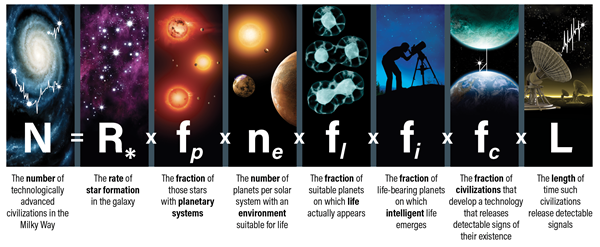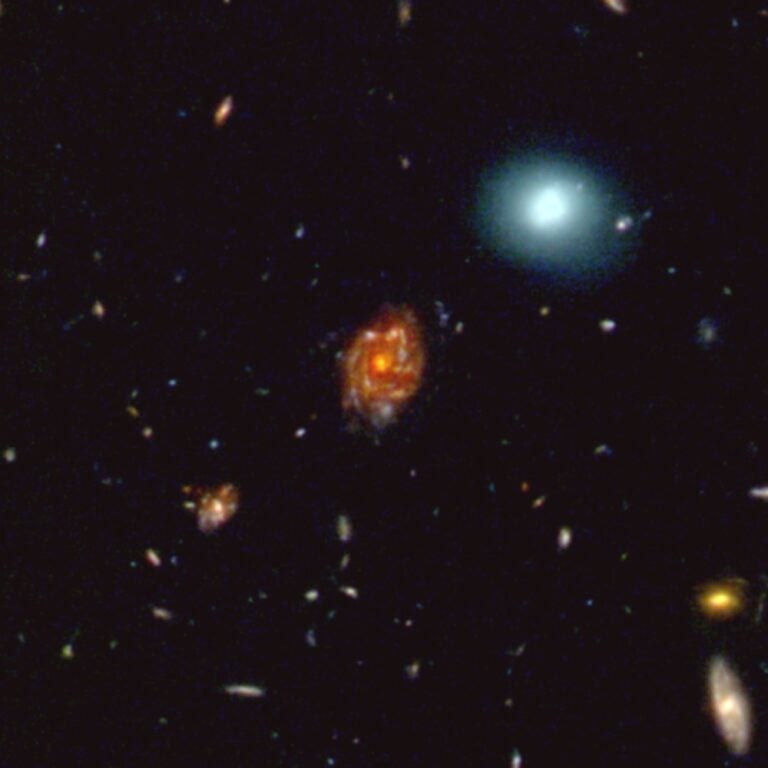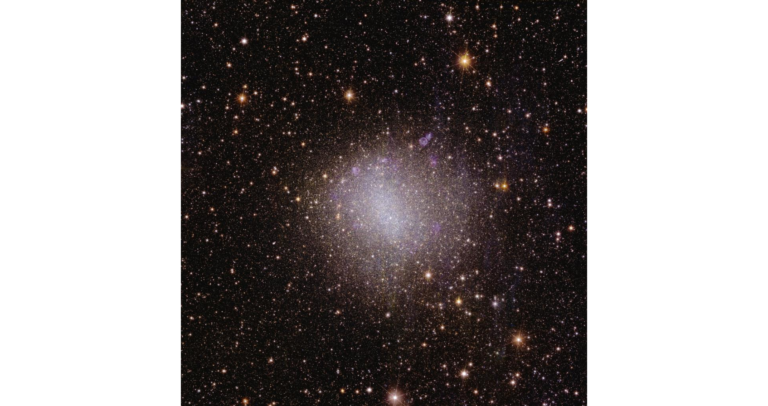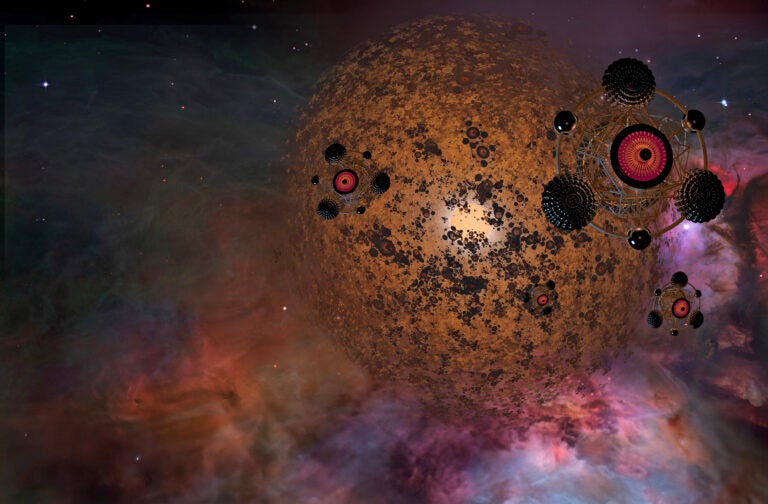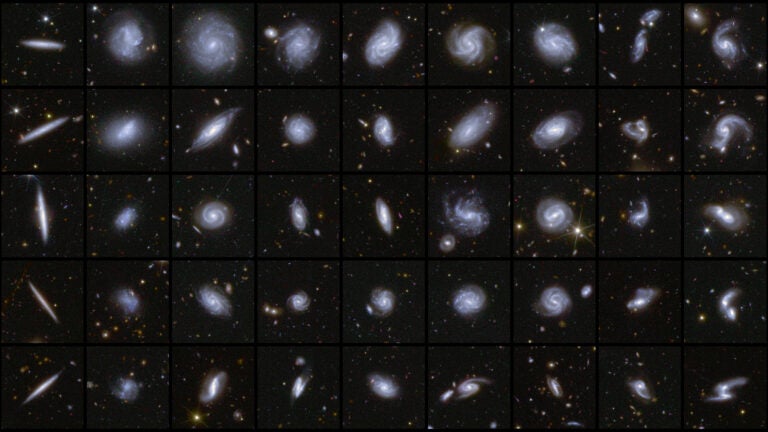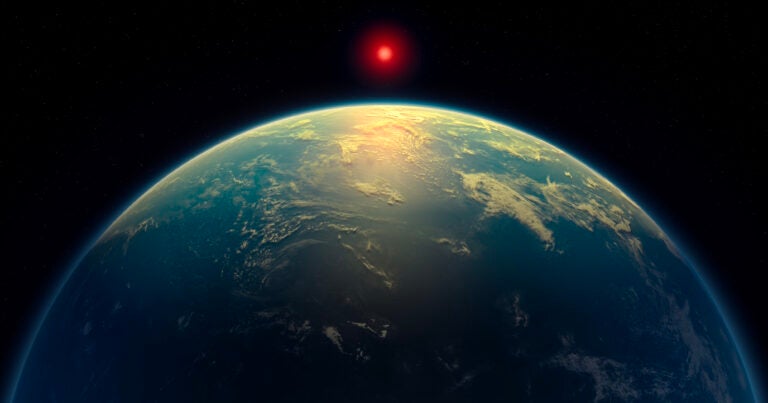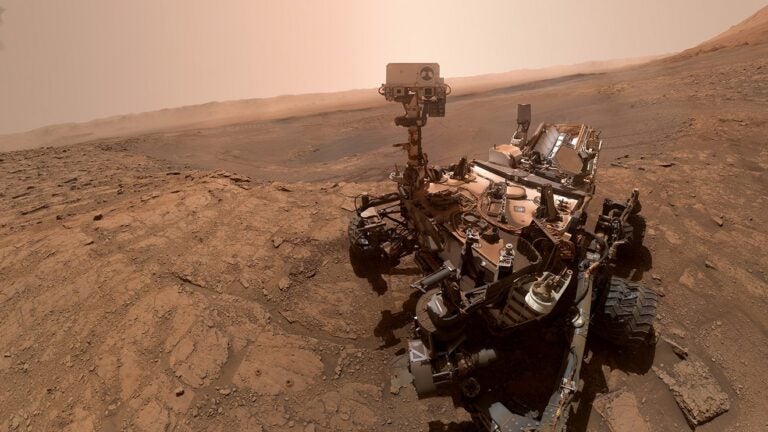If the solar system is only 4.6 billion years old but the universe has existed for 13.8 billion years, isn’t it likely that other forms of life existed well before us in the universe?
With estimates suggesting there are more than 10 billion terrestrial planets in the Milky Way and several hundred billion galaxies in the observable universe, it seems statistically unlikely that lightning only stuck once when it comes to life. Because we only currently know of one planet able to sustain life, scientists base their searches off Earth, looking for small, rocky worlds in the habitable zone — where surface liquid can exist — around stars with a few common key elements needed for life: carbon, hydrogen, nitrogen, oxygen, phosphorous, and sulfur.
Even limiting ourselves to those conditions, as you point out, the universe is significantly older than the Sun, meaning that some intelligent civilization should have existed long before humanity. So, where are all the aliens? Why haven’t we received any messages? Scientists call this disparity between the apparent likelihood of the abundance of life versus our utter lack of evidence the Fermi paradox.
We don’t yet know why the cosmos appear so deafeningly silent, but plenty of people have proposed hypotheses. One, known as the Great Filter, claims that although intelligent life may evolve frequently, some factor prevents it from lasting long enough for us to observe. This may be the case even for microbial life. Take Mars, for instance, which shows evidence that it could have once hosted such life long ago. Or maybe intelligent life inevitably develops technology faster than it can evolve the ability to use it responsibly, causing advanced civilizations to eradicate themselves. Or random chance may annihilate life — if a nearby supernova, gamma-ray burst, or giant asteroid were to strike Earth, there would be nothing we could do to stop it.
But astronomers are still looking for life because of other arguments like the Drake equation, which estimates the number of active extraterrestrial civilizations at any given time with the capability to communicate. Though the Drake equation can never be accurately calculated, a paper published in 2016 in Astrobiology found that as long as the odds of a civilization developing on a habitable planet are greater than about 1 in 10 billion trillion, humanity is not alone in the universe.

